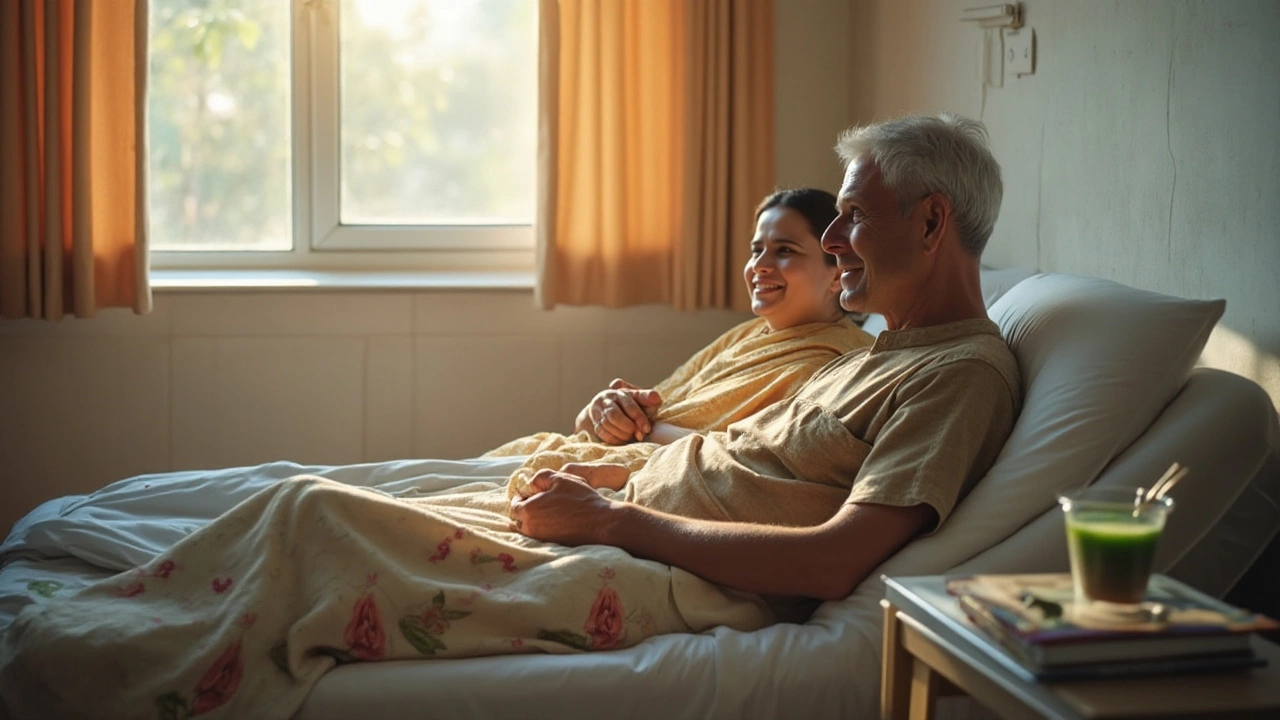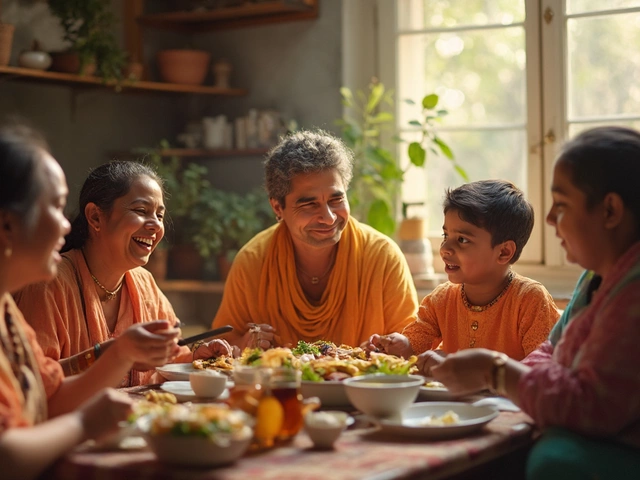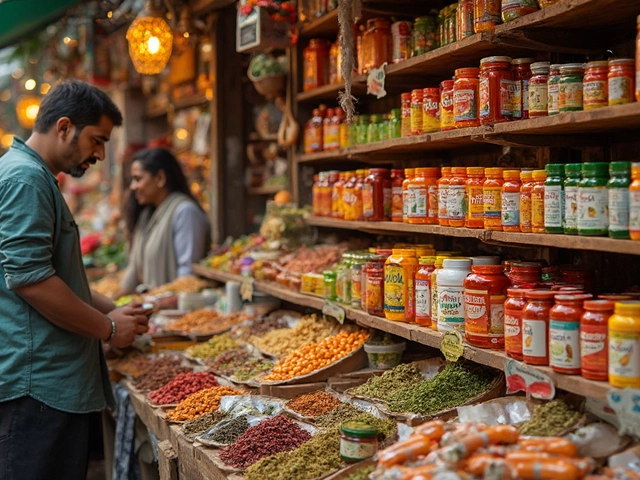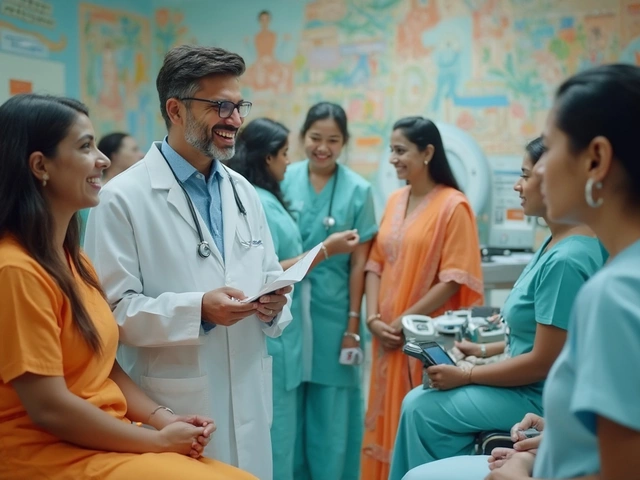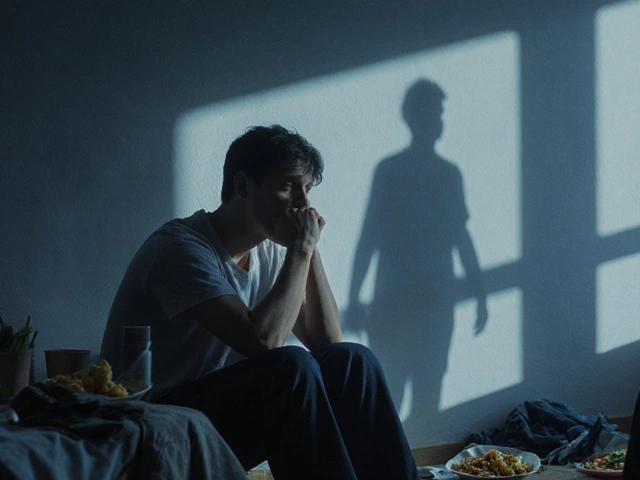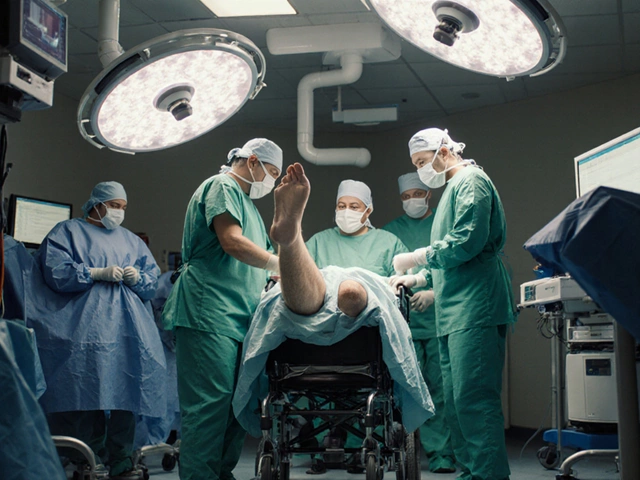Chemotherapy is a treatment that uses powerful drugs to kill cancer cells, but while it fights the disease, it also brings about several changes to a patient's body. One of the lesser-known concerns during chemotherapy is the need to limit certain intimate activities, such as kissing. This restriction often leaves patients and their loved ones wondering why something as simple as a kiss could pose a threat.
Understanding the reasons behind these precautions is essential for maintaining the well-being of both the patient and those around them. Chemotherapy drugs are potent, and traces can be found in bodily fluids, making physical contact a potential risk. Also, since chemotherapy can weaken the immune system, patients become more susceptible to infections, necessitating extra care in preventing the spread of germs.
The journey through cancer treatment is a challenging one, laden with both physical and emotional hurdles. By gaining insight into why certain precautions, like restricting kisses, are advised, patients can take comfort in knowing they are protecting themselves and their loved ones. Knowledge and communication are key in navigating these challenges as a team, ensuring that both parties feel supported and safe.
- Understanding Chemotherapy
- Risks of Kissing During Treatment
- Safe Practices and Guidelines
- Emotional Impact and Support
Understanding Chemotherapy
Chemotherapy is one of the most well-known treatments used to battle cancer. It involves using a variety of drugs to destroy cancer cells. These drugs are known as anticancer drugs and they have been specially formulated to target and kill cells that rapidly divide, like cancer cells. However, these drugs are very powerful and their effects are not limited to cancer cells; they can also harm healthy cells in the body, which causes side effects.
The treatment is usually administered in cycles, which allows the body periods of rest to regenerate healthy cells. Each cycle is planned carefully based on the type of cancer one has, its stage, and how the patient is expected to respond to the treatment. The drugs can be administered intravenously, orally, or through injections directly targeting the cancer cells. Some chemotherapy sessions take just a few hours, while others might last for a whole day.
While effective, chemotherapy does have its downsides. The treatment can lead to side effects such as fatigue, nausea, hair loss, and increased vulnerability to infections due to the impact on the immune system. According to Cancer Research UK, the effects vary from person to person, and sometimes managing these side effects is a crucial part of the treatment plan.
"Chemotherapy, despite its challenges, offers many patients their best chance of overcoming the disease," said Dr. Jane Smith, a leading oncologist in the field.
One might wonder about how doctors decide on the appropriate strength and combination of chemotherapy drugs. This decision is based on years of research and evidence about the specific cancer type, with ongoing studies continually refining the process. In fact, tables of precise data highlight different combinations of drugs and their efficacy rates, drawing from statistics like those shown in various studies:
| Cancer Type | Response Rate | Common Drug Combination |
|---|---|---|
| Breast Cancer | 60-80% | AC (Adriamycin, Cyclophosphamide) |
| Lung Cancer | 30-50% | Carboplatin and Paclitaxel |
Despite the progress in chemotherapy, it is crucial to acknowledge the emotional toll it can have on patients and their families. Discussions with healthcare providers can ensure that all parties are informed about what to expect, and support networks and counseling play an indispensable role in helping individuals cope with the treatment.

Risks of Kissing During Treatment
When it comes to maintaining physical connections during cancer treatment, patients and their partners often face a complex web of emotional and medical considerations. One such activity that comes under scrutiny is kissing. Chemotherapy is a potent weapon against cancer, but it's not without side effects that ripple into everyday interactions. The very drugs that work to eliminate cancerous cells also find their way into bodily fluids. This fact necessitates a closer look at activities involving the exchange of saliva, like kissing, during chemotherapy.
Many chemotherapy drugs are designed to target rapidly dividing cells, a hallmark of cancer. However, they don't discriminate, affecting healthy cells too. These drugs can linger in the system and are expelled through sweat, urine, and even saliva. This means that during the period a patient is undergoing cancer treatment, there's a tangible risk that their partner could come into contact with these potent substances. Although the actual risk of significant drug transfer through a simple peck might be low, it's not entirely absent. For individuals who may be pregnant, the need for caution increases, as exposure to chemotherapy agents can have unknown effects.
Another layer of risk comes from the weakened state of the immune system during chemotherapy. Since the treatment affects bone marrow, where blood cells are produced, patients can experience lower white blood cell counts, a condition known as neutropenia. This reduction in immune defenses means patients are at a heightened risk of infections, some of which can be passed through intimate contact. Even a common cold transmitted through a kiss could become a serious issue due to the body's impaired ability to fight off pathogens.
According to the American Cancer Society, "While chemotherapy is crucial for treating cancer, it does put the patient at a higher risk of infections and requires both patients and their families to adopt protective measures." Maintaining these boundaries is vital not just for the patient's health, but also for their partner's peace of mind.
Given these concerns, healthcare providers often advise against kissing that involves saliva exchange during chemotherapy sessions and sometimes even for a period following treatment. This precaution helps eliminate the risk of drug transmission and protects the patient from potential infections. Simple acts like handwashing, avoiding crowded places, and using disinfectants become part of the daily routine, but intimacy requires extra considerations. Medicinal advice doesn't mean the end of affection but rather finding ways to express it safely, ensuring both patient and partner can support one another without added risks.
Tackling the emotional aspect of these restrictions is just as vital. For many, kissing is a profound way of expressing love and support, and its absence can feel isolating. It's important for partners to communicate openly about these challenges. Exploring different modes of connection—such as gentle touch, shared activities, or supportive words—becomes a new and rewarding challenge. Understanding the reasons behind these restrictions helps in navigating the emotional tumult of cancer treatment. Despite the hurdles, love and affection can thrive, crafted carefully in the shadows of these necessary precautions.
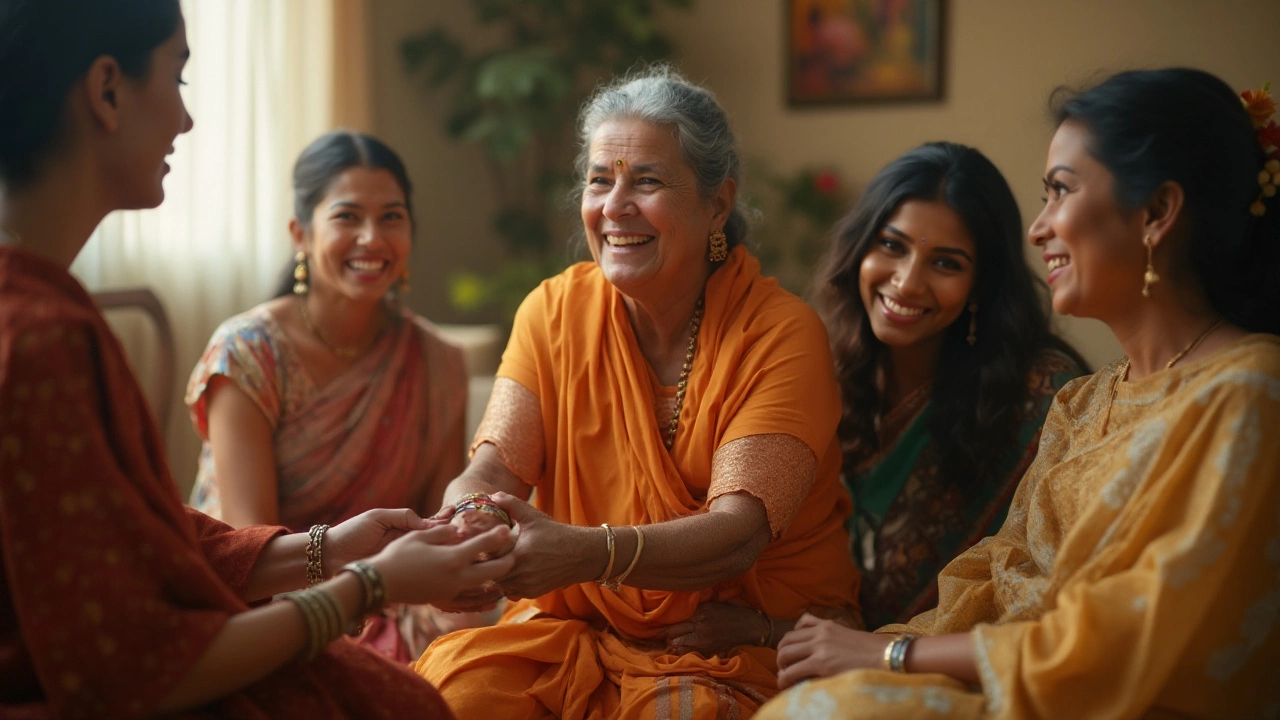
Safe Practices and Guidelines
Undergoing chemotherapy requires patients and their loved ones to adapt to a new normal where health and safety are prioritised. The impact of the treatment on the body necessitates careful consideration of everyday activities, including something as personal as kissing. When in the throes of cancer treatment, creating a safe environment becomes crucial not only for the patient's recovery but also to safeguard those around them. Knowledge and preventive measures can make this period more manageable.
First and foremost, it's essential to recognize how chemotherapy drugs behave once administered. These powerful agents are designed to attack rapidly growing cancer cells, but they also often identify and attack other quickly dividing cells, such as those in the mucous membranes. This damage increases the risk of sores and infections, making the patient more susceptible to germs from another person through kissing. Moreover, traces of the drugs can be present in saliva, and while the amounts might not seem significant, they pose a potential risk when shared through physical intimacy.
"The most effective way to protect yourself is by understanding the treatment you are on and the implications it has," advises Dr. White, a leading oncologist. "Patients and their families often find that instilling these practices reduces anxiety and creates a more supportive environment."
There are simple yet effective ways to remain close while avoiding these risks. The key lies in communication and setting guidelines with your healthcare provider. Patients should be open with their oncologist about their concerns and follow the tailored advice provided. In many cases, temporary abstinence from activities like kissing, especially deep or open-mouth kissing, can considerably lower the risk of infection. This doesn't mean that showing affection needs to stop; it can be expressed through cuddling, holding hands, and verbal affirmations, which can be just as meaningful.
Practical Tips for Caution
Apart from patient-care practices when at home or with visitors, there are a handful of practical tips to follow to ensure cleanliness and safety. Ensuring regular and thorough handwashing for both the patient and their family is foundational. Boost your hygiene by having family and visitors wash their hands before engaging in any form of interaction with the patient. Also, maintaining a clean living space, washing linens frequently, and minimizing exposure to those who are unwell are key steps.
- Use separate utensils and towels for the patient to avoid cross-contamination.
- Practice good oral hygiene to lower the risk of sores and infections.
- Implement a no-smoking policy as smoke and tobacco can exacerbate side-effects.
Statistical Perspective
Studies show that individuals undergoing chemotherapy are significantly more vulnerable to infections, with estimates indicating a 20% increased risk compared to healthy individuals. This statistic underlines the importance of heeding advice on physical interactions. Close attention to these safe practices provides a net of protection during what can be an emotional rollercoaster, imparting reassurance to all involved.
In times like these, support goes beyond physical presence. It's essential to be emotionally available, offering compassion, understanding, and patience. This approach helps replace the physical aspects of affection and fosters a bond that withstands the challenges, paving the way for strength and recovery.
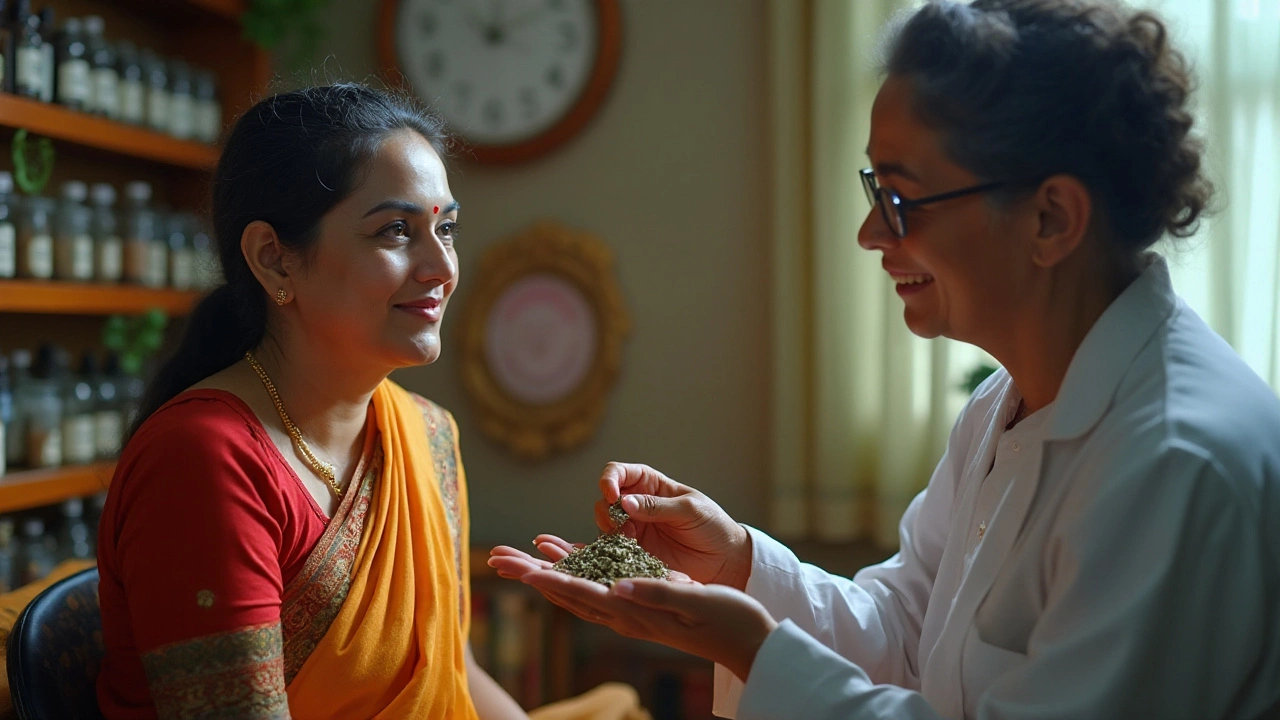
Emotional Impact and Support
Embarking on the journey of chemotherapy can be an emotional rollercoaster for both patients and their families. The road is often fraught with uncertainty and change. Patients frequently grapple with feelings of isolation, not just due to the physical limitations imposed by the treatment but also because of the intangible barrier that arises when aspects of physical intimacy, such as kissing, must be curtailed. The emotional bond between partners can find new pathways, albeit sometimes with difficulty. It’s key to remember that the foundations of love and friendship extend beyond physical connections, though adapting to this reality can be difficult when physical touch was previously a significant part of showing affection.
Supporting a loved one during chemotherapy involves a resilient mix of empathy, patience, and understanding. Family and friends play a pivotal role in rebuilding a supportive environment that patients can lean on. This often includes finding new ways to show affection and care. Simple gestures like preparing meals, accompanying them to appointments, or just being present can have a tremendous impact. Maintaining open lines of communication is crucial, allowing both the patient and their loved ones to express their fears and hopes, fostering a sense of unity and strength amid the trials of cancer treatment.
To navigate the emotional upheaval, some patients and their families seek guidance from professional counselors or support groups. Counseling can offer a safe space to voice feelings that are hard to share with loved ones, while support groups provide a community of individuals who understand the journey firsthand.
"The greatest healing therapy is friendship and love," said the philosopher Hubert Humphrey, reminding us of the profound power of connection during times of adversity.Engaging in activities that promote mental well-being, such as meditation, gentle exercise like yoga, or indulging in creative arts, can also serve as effective outlets for emotional expression and release.
Research has shown that maintaining emotional well-being positively affects recovery and treatment tolerance. A strong support system can enhance a patient's quality of life and provide a sense of normalcy amidst the disruptive aspects of treatment. Encouragingly, many patients find that their relationships grow stronger through these shared challenges. By facing difficulties together, individuals often cultivate a deepened appreciation for mutual support and resilience, which are indispensable assets during the rigors of chemotherapy.
